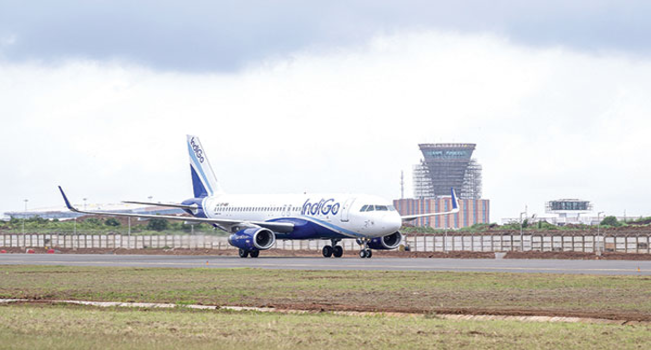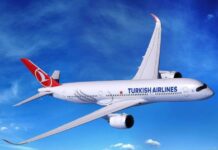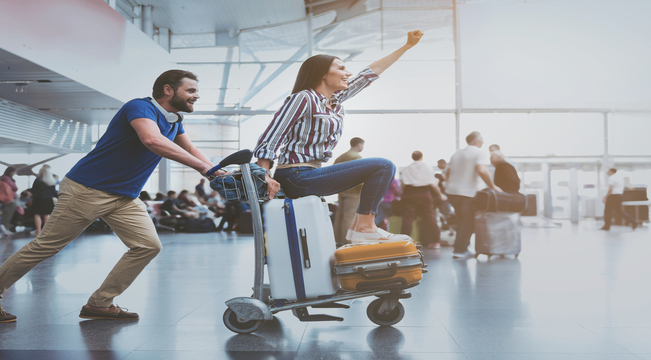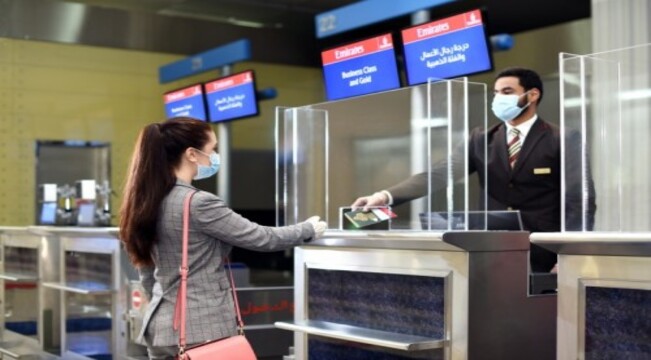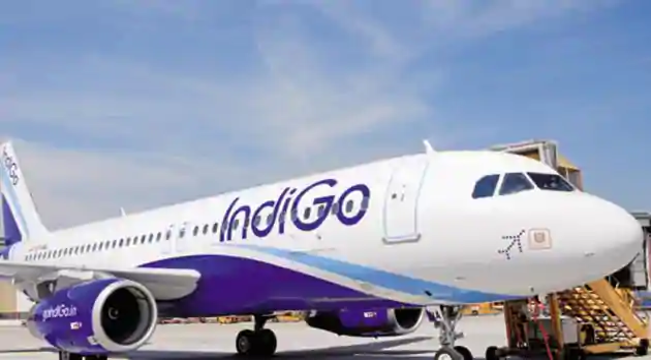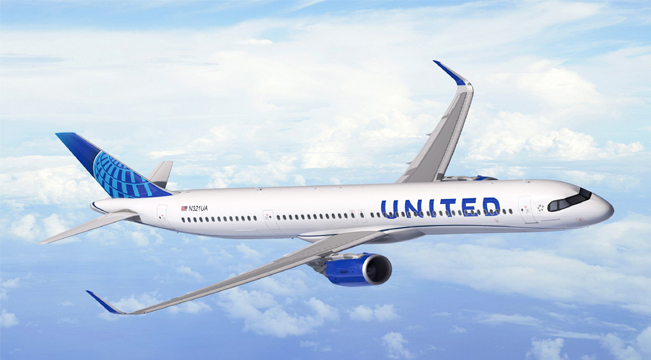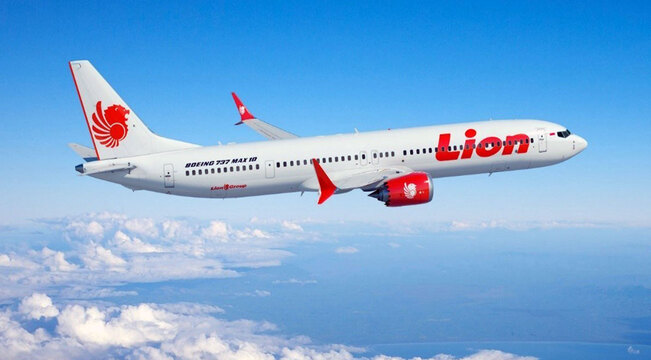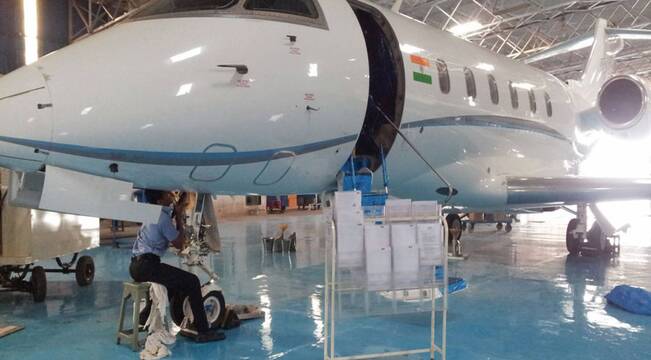- Travellers who were frequent flyers before COVID-19 expected to take almost six flights between March 2021 and March 2022, showing a pent-up desire to travel
- 53% of Indian respondents attributed the requirement of being vaccinated against COVID-19 as a top travel safety measure in air travel and 59% want a vaccine passport
- 66% of Indian passengers are more likely to now use airport lounge access than they did before the pandemic
New Delhi, October 11, 2021: Pre-pandemic frequent flyers are ready to get back on a plane according to research from Collinson’s Priority Pass. When compared with pre-COVID travelling in 2019, 91% of Indian travellers remain eager to travel for leisure and business purposes.
The global survey conducted in March 2021 analysed the opinions of over 46,000 Members of the company’s Priority Pass™ programme, and revealed that leisure travel will make up more than half of the trips (55%) taken over a 12-month period from when the survey was conducted. While business travel will recover more slowly and will account for 45% of flights taken by March 2022 globally, especially by the frequent flyers community.
Confident and excited – the world’s travellers are ready for a reboot
It has been almost two years since the outbreak of COVID-19, and the pandemic continues to have an impact on people’s lives and travel plans. However, in recent months, the gradual worldwide vaccine roll-out has resulted in hope and a positive outlook to many who are eager for travel to resume.
The respondents firmly believed that they would resume air travel between March 2021 and March 2022, with 49% and 40% of Priority Pass Members in India expressing feeling excited and confident respectively; which is reassuring for the travel industry.
Domestic travel is still set to make a greater recovery than international travel, when compared with 2019 levels.
Travel experience expectations for the immediate future have changed dramatically
Understandably, the desire to keep health risks to a minimum has resulted in notable changes to the way people experience airport travel in India, with the aim of keeping external contact to a minimum:
- 29% are more likely to fly short haul
- 53% are more likely to use unmanned facilities, such as biometric passport kiosks
- 66% are more likely to use airport lounge access than they did before the pandemic
- 28% are more likely to pre-order and collect their food and drinks pre-departure
- 45% indicated that social distancing and contactless transactions at the airport are of a relatively high importance when travelling.
Vaccinations are creating an environment of hope
The reasons behind growing travel confidence include the increasing availability of COVID-19 vaccines in many locations; with 40% of Indian travellers admitting to being more confident if they are vaccinated, while 53% of Indian passengers admitting to feeling more confident in the safety of air travel as more people are vaccinated. While vaccines have yet to be fully rolled out globally, their availability continues to generate hope, as do the discussions around digital health certificates; with 59% of Indian respondents agreeing they would be happy to use one. However, 28% say they will travel only if international travel bans are lifted.
Meanwhile, 81% of Priority Pass Members from India said they would feel confident to travel internationally if getting vaccinated became a mandatory measure. This sentiment is echoed by a further 66% of Indian travellers who agree that COVID-19 testing and the use of digital health certificates would encourage them to travel abroad.
Quarantine seen as ineffective, unnecessary, and a barrier to recovery
The survey also shows that while quarantine regulations continue to be enforced around the world, only 16% of Indian travellers feel it is an essential safety measure; while a further 61% see it as a major deterrent for international travel. When reasons behind this largely negative sentiment towards quarantine are explored in depth, 71% blame the additional costs involved and the unpredictable nature of quarantine rules, while 58% are reluctant to spend so much time indoors; a finding which is likely linked to an increasing emphasis on mental wellbeing when travelling.
David Evans, Joint CEO of Collinson, said: “Our research shows the confidence that frequent travellers have, which is hugely encouraging; however, that alone won’t get the world travelling safely again. It’s now up to governments around the world to agree and align on an effective programme to restart frequent international travel, using digital health certificates, alongside pre-departure and on-arrival testing to diminish or remove quarantine time, while keeping travellers safe.”
With an appetite for travel still prevalent, and government alignment hopeful, the industry needs to be ready.
“This survey has provided us with an in-depth understanding of how confident Indians feel about travelling and their areas of concern. People have been confined in one location for almost two years are now eager to travel and take a break from their stressful routine, whilst ensuring their safety – a key concern of Indian travellers today. Collinson is focusing our efforts on delivering a smoother, safer, more enjoyable experience for our Priority Pass Members based on our understanding of what travellers are seeking during their journey. Due to high levels of traveller confidence, we anticipate a strong travel rebound in India. We truly hope our research will support travel organisations in delivering against traveller expectations in order to make them feel looked after and comfortable while travelling in the midst of the pandemic.” says Priyanka Lakhani, Commercial Director Middle East & Africa and Director South Asia, Collinson
Corporate Comm India (CCI Newswire)










